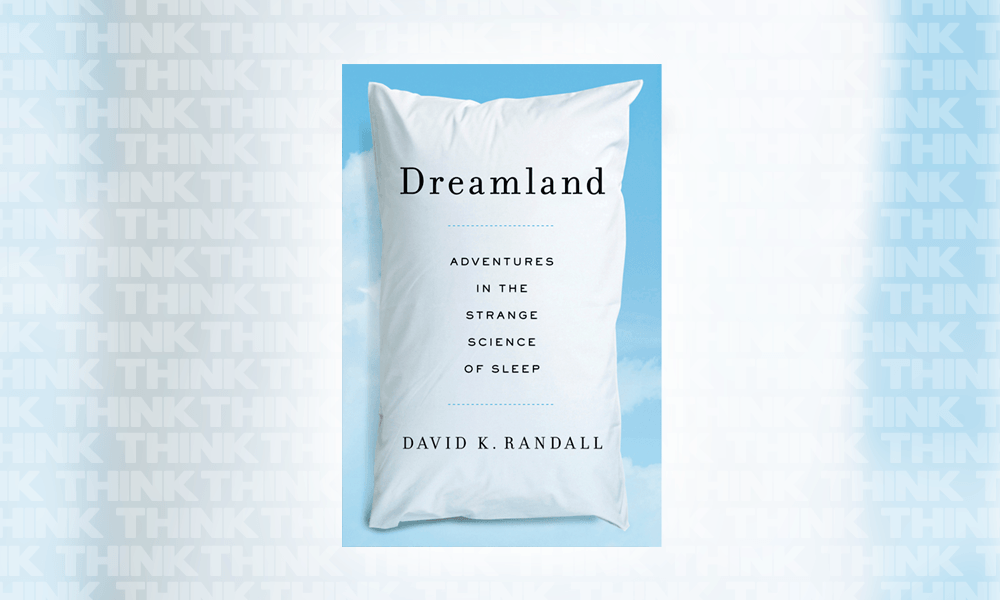
David K. Randall woke up on his back, his leg bent at an awkward angle, in excruciating pain. To figure out why, he wrote a book about the science of sleep. Clever. Clever doubles as a nice summary of the book.
Another book summary: sleep rules your life. Get a good night’s sleep or else everything suffers: your creativity, memory, attitude, ability to think straight, control your emotions, react to emergencies, sex life, and work. Lack of sleep has cost lives; to sleep is to live.
An extreme statement but Randall holds a very good argument. Zlatko Glusica, an Air India pilot, woke up just before landing and tried to bring a plane down safely with a sluggish brain whose higher brain functions were down. In this state we might talk to lamps, Glusica instead killed himself and 157 others. Lack of sleep and truck drivers are another bad idea, while battles have been lost because of sleep. Sleep prevents disasters.
“Randall covers an immense range of research and topics. This is where the book’s problems start. He did a lot of research and wants us to know that.”
The book is well researched. Randall fires factoid after research study at the reader in a pleasant easy to read style. You’ll learn about the dangers of the first sleeping pill that is now a 30 billion dollar industry, how one in five sleepwalk, and how one in four middle aged men have sleep apnea.
Sleep apnea happens when the airway collapses in either obese people or those with a narrowed throat. A minute can pass before the sufferer briefly wakes up and desperately gulps down some oxygen. Most apnea patients are unaware of their condition. It leads to disrupted sleep and less productivity, memory loss, and heart attacks. Sufferers can use a simple device that gently pushes air into the lungs as an instant cure.
The book is filled with great advice like the above. It’s simple, without hocus pocus, and doesn’t need overly expensive equipment. Relax. Don’t try to sleep too hard. Your brain must disassociate itself from the rest of your body. Don’t drink alcohol or coffee. Expose yourself to light, but not late at night, at night dim lights, avoid screens. Don’t sleep too hot or too cold, the body is meant to cool after 10 pm — let it. Exercise. Simple.
Randall covers an immense range of research and topics. This is where the book’s problems start. He did a lot of research and wants us to know that. At other times, he rambles. A stricter editor would have helped the book.
The author only glosses over hardcore scientific studies. He mentions some science behind daily rhythms in Chapter 9. The book only has 13 chapters. He hardly even mentions the genes or molecular biology related to sleep. The scientist inside me died a little death. There are some amazing stories he missed out on by focusing on the lighter human studies.
Don’t take the above too harshly. Dreamland is a great book to learn more about sleep, just avoid late night tablet reading. You have been warned.





Comments are closed for this article!